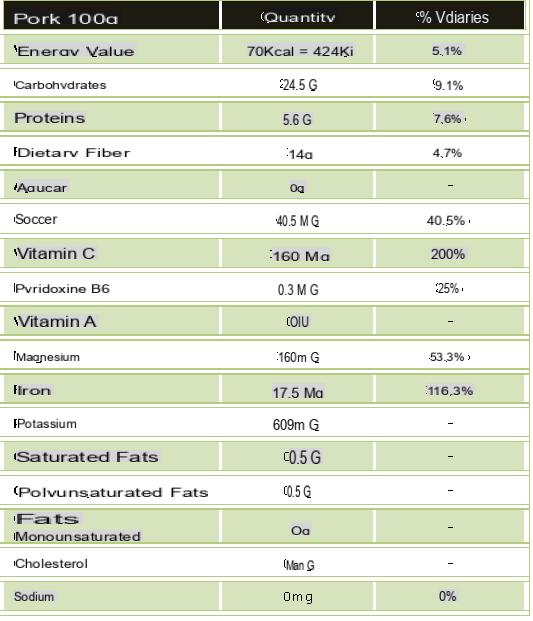
Thyme, or thyme officinalis (Thymus vulgaris) it is a shrubby plant belonging to the Lamiaceae family, which also includes mint.
If you present with ramifications rich in leaves with a green-gray color, while the thyme flower has a characteristic pink-lilac color.
Thyme is mainly used as an aromatic herb, but it is also known as a medicinal plantin fact, its properties are numerous.
Let's find out better.
- What is thyme used for?
- Properties and benefits of thyme
- Nutritional values of thyme
- How is thyme grown?
- What does the thymus symbolize?
- Contraindications of the thymus
What is thyme used for?
The thyme it has a characteristic taste, similar to that of oreganotherefore, it is mainly used as an aromatic herb in the preparation of savory dishes, such as baked potatoes, salads, meat, fish or summer vegetables, such as tomatoes, courgettes and peppers.
Moreover, it is rich in beneficial properties for health and can be used in the form of an infusion or essential oil.
Properties and benefits of thyme
Thyme is useful not only for flavoring your dishes and make them tastier, but also to improve certain symptoms or health ailments.
Let's see what its main properties are:
- Improve heart rate and blood pressure.
- Improve cholesterol.
- Counter cough and respiratory tract infections.
- Contrasts acne.
- Antimicrobial.
- Anti-inflammatory.
The properties, use and contraindications of thyme essential oil
Nutritional values of thyme
- 100 g of fresh thyme provide:
- 91 kcal
- 3 g protein
- G carbohydrates 15,1
- Simple sugars 15,1 g
- 2,5 g fat
- Fiber 12,3 g
How is thyme grown?
IThyme grows naturally in arid environments or stony and does not require much care or particular environmental conditions, therefore, it is very easy to grow in the garden or even on the terrace.
Sowing must be done in spring, or, you can buy the plant ready to be transplanted into your garden or terrace pot.
When the seedling is very young, it is necessary to water it often, while once they have reached a decent size, it can be watered only in case of drought.
A very special variety of thyme that can be grown in pots, is that of lemon thyme, from the characteristic lemon flavor.
What does the thymus symbolize?
In Greece, thyme was considered a symbol of courage, so much so that the Greek soldiers used to rub thyme leaves on their chests or get wet with thyme water before going into battle
Contraindications of the thymus
Worn out in adequate quantities the thymus has no contraindications.
In case of excessive consumption, can cause skin irritation, gastrointestinal upset or headache.
Thyme among the natural remedies for vaginitis
More articles on thyme
-
The most popular varieties of thyme
-
Thyme among the herbal remedies for colitis
-
Winter balsamic herbal teas with thyme, eucalyptus and mallow
-
Fighting asthma with aromatherapy
-
Thyme honey: properties and use in cooking
-
Thyme herbal tea, benefits and use
-
The remedy for seasonal ills? The thyme!
-
3 Recipes with lemon thyme
-
5 aromatic herbs to be included in the diet
Bibliography and sources
Antifungal activity of thyme (Thymus vulgaris L.) essential oil and thymol against moulds from damp dwellings, Letters in applied microbiology
Pharmacological evaluation of antihypertensive effect of aerial parts of Thymus linearis benth, Acta poloniae pharmaceutica
Efficacy and tolerability of a fluid extract combination of thyme herb and ivy leaves and matched placebo in adults suffering from acute bronchitis with productive cough. A prospective, double-blind, placebo-controlled clinical trial, Arzneimittel-Forschung
Carvacrol, a component of thyme oil, activates PPARα and γ and suppresses COX-2 expression, Journal of lipid research
Origanum vulgare L. Essential Oil as a Potential Anti-Acne Topical Nanoemulsion—In Vitro and In Vivo Study, Molecules
Food Composition Database for epidemiological studies in the country, European Oncological Institute


























